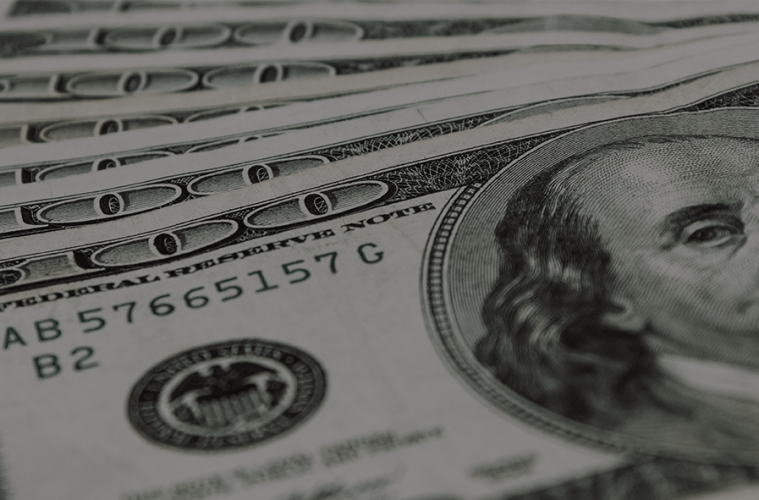Good morning,
I give up….
Despite a boost to retail sales, higher than expected inflation and a tick up in expectations that March’s Federal Reserve meeting could see an interest rate rise, the dollar is lower this morning. Who would analyse currency for a living?
Yellen boosts USD and rate expectations
The Federal Reserve remains between a rock and a hard place or, actually, between a shock and a nut case. The shock is that inflation really starts to ramp up in the short term and the nutcase, well we know who that is.
Fed Chair Yellen has told reporters that “it is fair to say the economy is near maximum employment and inflation is moving toward our goal,” and that while “it makes sense to gradually reduce the level of monetary policy support,” the timing of the next interest-rate increase “will depend on how the economy actually evolves over coming months.”
She has also noted that “I and most of my colleagues” were expecting at the January meeting to increase the benchmark lending rate “a few times a year” through the end of 2019. A lot of this still needs to be viewed through the prism of any fiscal stimulus from the new President and any impacts, positive or negative, on US growth from trade policy.
March remains a hold for us with 2 hikes this year – June and December – with a risk to a third in September.
The dollar is looking very tired – as is the wider FX space – and while we still believe there is a decent 5-7% in trade-weighted US dollar strength to come there has to be some form of progress on Trump’s tax plans amid a strained political atmosphere.
Something wicked this way comes
Sterling has slipped back from yesterday’s highs following a disappointing wage picture as part of the latest run of jobs data. Employment continues to grow but businesses are not paying higher wages. While looking at wages in isolation is one thing, we have to look at their relationship with inflation and while price rises measured by CPI have not overtaken wages, those measured by RPI have; people in the UK are already getting poorer.
It is retail sales, released tomorrow, wherein the real second round effects of Brexit are likely to be felt. Consumer credit grew at its slowest rate in January for over two and a half years in a sign that consumers are starting to pull in their horns. Sales dipped in December; consumers buying in November, taking advantage of Black Friday discounting seems likely but will they have remained weak in January?
Solace in the data
Elsewhere, a meeting of G20 Foreign Ministers in Bonn will take place with Trump’s Rex Tillerson in the hot seat for the first time. Further euro weakness could easily be seen should the noises from the US remain ambivalent to the European Union as a whole especially in a context of an increasingly involved Russia.
Have a great day.


